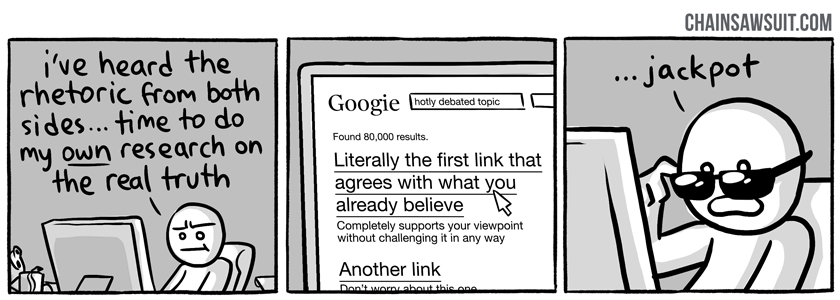Commonly, people view the internet and social media as platforms that take some amount of our humanity away from us. They give us a reason to not talk face-to-face, they encourage us to judge others harshly on an insubstantial basis of information, and they allow us to hide behind a fabricated image of our own design. Some of the most vile acts of unwarranted contempt and derision can come from otherwise kind people given the anonymity and distance social media provides. Take for example Lindsey West’s story. She is a columnist who wrote an article opposing rape jokes. The internet did not take well to that. While most creeps used their comedic genius to point out something along the lines of, “she’s just mad because she’s too fat to get raped,” one individual took it the next level by making a fake twitter account for her recently deceased father. He then used it to send her horrible messages from her “father” about how ashamed and disgusted he was of her.
 |
| Lindsey West |
My blogs specifically discuss the impact of social media on our generation’s quality of civic engagement, so Lindsey West’s experiences might not seem overly pertinent to this discussion. However, if there is one idea I want to convey in this final blog, it is that social media has erased the line separating civic engagement from day-today social interactions. The environment in which we discuss our politics, values, and ideals is now the exact same as the one in which we chat freely, share our opinions, and comment on each others’ lives. For this reason, the atmosphere surrounding our socialization affects our civic dialogues. For Lindsey West, this means that if you want to start a conversation about women’s rights, sexual assault, or gender relations online, you must be prepared for a barrage of intentionally offensive, repugnant remarks simply because those obnoxious individuals can dominate comment sections. This volatile atmosphere additionally applies for discussions about party alignment, economics, race, religion, foreign affairs, and so on. These loud minorities can exert a stranglehold on the throat of a civic dialogue by making the silent observers feel afraid of receiving ridicule or having their opinion drowned out by all the noise.
For any useful conversation to occur online, a certain environment must exist that allows people to freely and honestly express their opinions. In my search of the entire internet for such a place, I have only found one site that meets those criteria. That place is a Facebook page called “Humans of New York.” The photographer, Brandon Stanton started the page by stopping New Yorkers on the street and taking their picture. He then began including captions about their lives and insights that added tremendous depth to his work. The true power comes from the subjects themselves. With his photographs, drug abuse, poverty, and inequality wear human faces. The issues are no longer meaningless abstractions or statistics. Because of this added human element, the conversations the photographs initiate take on a vastly different tone. Just read some comments from a post dealing with the controversial theme of police brutality, and you will find a much more enlightened discussion taking place there than anywhere else on the internet.
 |
| Courtesy of Humans of New York |
 |
| Refaii Hamo and family, courtesy of Humans of New York |
One of Brandon’s best series of portraits came out of Syria. He travelled abroad to cover the refugee crisis, another topic of contention in American culture, and uncovered some incredible stories. Refaai Hamo, a Syrian inventor and scientist, lost his wife and daughter after a missile hit his house. He says, “Nobody was around to help, so my son had to carry the pieces of his mother and sister out of the house. He was fourteen at the time. He was so smart. He was the top of his class. He's not the same.” After sharing the story, Mr. Hamo and his family were able to find a home in Michigan, and President Obama invited him to the State of the Union Address. More importantly, the outpouring of love and empathy in the comments of each story spoke louder than any political debate on the subject I have ever heard.
Social media has tremendous potential in its ability to put faces to otherwise impersonal issues. On the internet, you can easily have a conversation with someone you would never otherwise interact with in real life. A connection to the internet is a connection to every single one of the 3.35 billion people on this planet who are also plugged in. News no longer has to come from the mouth of a smartly dressed man or woman on a television screen. Information flows among us as fast as the light that carries it. No borders. No barriers. Just people. We are all humans, and we all have stories to tell. When we listen, read, and observe, we come a little closer to truly understanding each other. Is that not the ultimate goal of our species?












